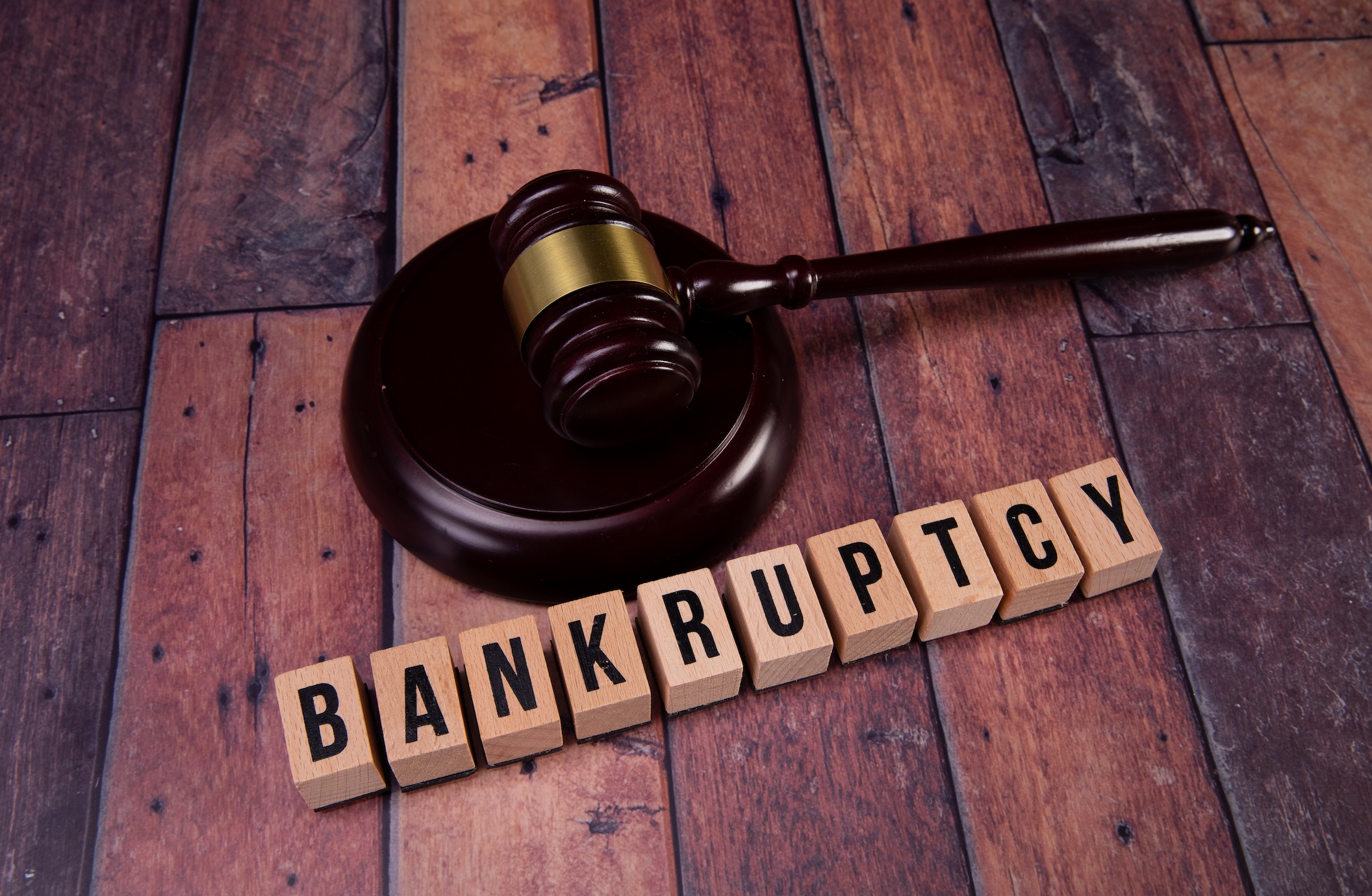According to skilled San Jose bankruptcy lawyers, the wildcard exemption allows you to protect any asset or personal belonging with a total value of $1,700 plus any unused homestead or burial plot exemption money.
San Jose, CA – In California, as in many other states, bankruptcy courts are ruled over by federal law. That means that filing for bankruptcy in San Jose isn’t that different from filing in Arizona or Texas. However, each state has its own regulations that will determine how you and your lawyers fare in bankruptcy court.
How does bankruptcy work in California?
When filing for bankruptcy as an individual in San Jose, you’ll have two options: Chapter 7 and Chapter 13 bankruptcy. If you are filing for bankruptcy as a business entity or a farming entity, you’ll have to opt for Chapter 11 or 12 bankruptcy (which are essentially different takes on Chapter 13).
To determine which type of bankruptcy is for you, experienced San Jose bankruptcy lawyers will first look at your household income. If it falls under the median income ($77,860 per year for a family of two, and $99,512 for a family of four) in California, the court can mandate Chapter 7 bankruptcy. In this case, a court-appointed trustee will sell off your property until your debts are paid.
Alternatively, if your attorney can demonstrate a decent, reliable income, you’ll be eligible for Chapter 13 bankruptcy. Under Chapter 13 bankruptcy, the court will set up a monthly payment system that allows you to pay off debts while keeping all of your property.
What are bankruptcy exemptions?
A common concern for people considering bankruptcy is that they might lose important assets like their home or their car, in the process. Fortunately, bankruptcy courts are set up in such a way to guarantee two things – that you pay off your debts, and regain financial stability, while your creditors get their due.

That being said, no one is here to take away your home, car, or other assets, unless there is no other way. That’s why California’s bankruptcy law includes certain exemptions.
- Homestead Exemption – this protects your principal residence an equity in your main dwelling of up to $600,000;
- Motor Vehicle Exemption – protects your main motor vehicle up to $3,625;
- Household Goods Exemption – under California law, you’re allowed to protect unlimited items under the Household Goods Exemption rule. However, for System 2 exemptions (available only after filing for bankruptcy), an individual item’s value may not exceed $800.
- Personal injury/wrongful death exemption – this refers to damages awarded to you in such a lawsuit;
- Burial plots;
- Wages – 75% of your wages paid to you within 30 days prior to filing for bankruptcy;
- Retirement plans, 401ks, and wage plans are exempt from taxation (county employees, public employees, etc.).
Contact knowledgeable California bankruptcy lawyers to determine what other assets are exempt from liquidation. Be warned, however, that your home and vehicle may still be at risk, if you are filing for Chapter 7 bankruptcy, and are behind on payments for these assets.
What is the California wildcard exemption?
The state of California also allows for a wildcard exemption category. According to skilled San Jose bankruptcy lawyers, the wildcard exemption allows you to protect any asset or personal belonging with a total value of $1,700 plus any unused homestead or burial plot exemption money.


Join the conversation!